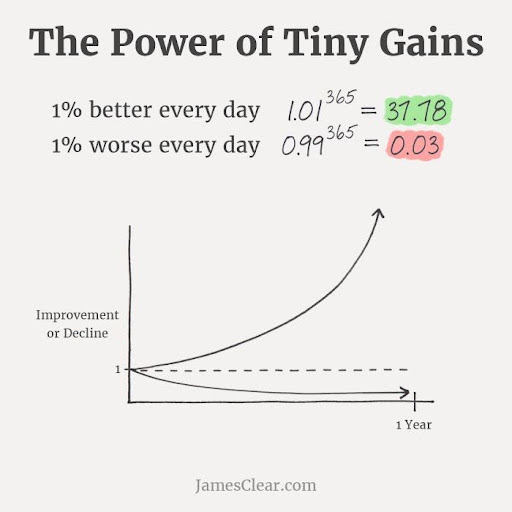What I love about this challenge is its simplicity. I encourage them not to overengineer things. Simply solve for the problem with these simple steps:
1. Define the problem.
2. Define the outcome.
3. Make the result binary (yes or no).
It brings up alllllllll, the drama and reveals pretty immediately the structural, cultural and mindset roadblocks that are holding my clients back.
The reason that a $20k per month challenge brings up more drama than a $240k annual target is because it's more immediate. They can't kick a monthly goal down the road to 'later' like they might do an annual goal. Work needs to begin now.
Plus, the results are binary. Every month when my client runs their end of month numbers, they can see in black and white whether the goal was achieved.
The final reason that the $20k per month challenge is so powerful is that it forces my CFOs to get better and better, steadily every month. $20k isn't a big target but it is substantial enough that small changes need to be made in how they think, how they behave and how they interact with their team, the business and the market, steadily over time in order for them to keep achieving consistent results.
The act of getting better at small things, slowly over time is what Robert Twigger (more on him later) calls 'micro-mastery'. You might also have heard it referred to as the 'One Percent Rule'.
The key takeaway is that improving by just one percent each day for a year results in you being 37 times better by the end. This highlights how small, daily choices might feel inconsequential in the moment, but they have a powerful cumulative effect over time.
I recently encouraged one of my clients to use micro-mastery to solve a pretty common problem.
My client's challenge was how to improve their leadership team's connection, communication, and cohesion, which had become disjointed and fractured. With the summer holidays approaching, he worried that business pressures and team absences would worsen the issue.
We started by focussing on a 30-day period that coincided with the summer holidays, breaking the 30 days into four chunks.
· Week 1: We captured the executive team's leave (including travel away from the office for work) from early December through to the end of January.
· Week 2: We overlaid this timeline with business priorities and key periods of activity when it was all hands on deck.
· Week 3: My client sat down with the organisation's entire leadership team and shared the timeline with them. They illuminated the challenges of lost productivity and together they worked out a plan for how they could communicate more proactively and constructively over this period.
· Week 4: In the fourth chunk of time, my client met with their exec team to brainstorm ideas on how they could improve their communication with each other amongst all the busyness and travel.
This 30-day plan worked, not least of all because instead of solving a big problem, he was taking small, pre-determined actions that felt doable. From here, we broke down the next big goal - to improve the quality of team communication - into another 30-day action plan, which kept the momentum going.
What this example demonstrates is that small improvements over time add up to big results.
If you're unsure what skill or mindset shift you most need to master next, then I invite you to complete my 'CFO of the Future Index Report'. This short, 10-minute questionnaire will help you identify your unique Sequence of Success and break down your path towards becoming a Playmaker CFO into small, achievable chunks that you can start to work on right away.
If you have any questions about your report, feel free to Get in touch to talk about your next steps.
What's one small habit you could start today to improve your performance by one percent?What might shift for you if you did?
I'd love to hear your thoughts.


